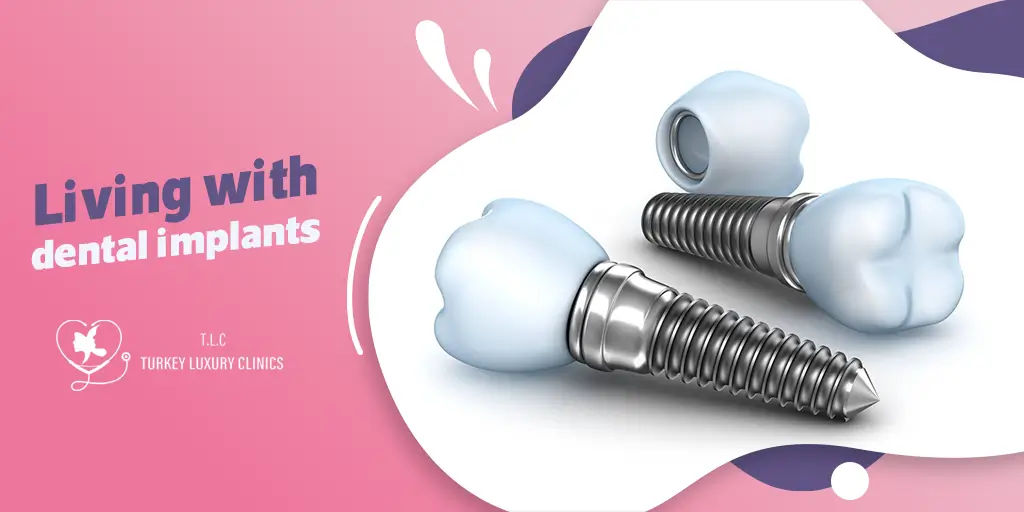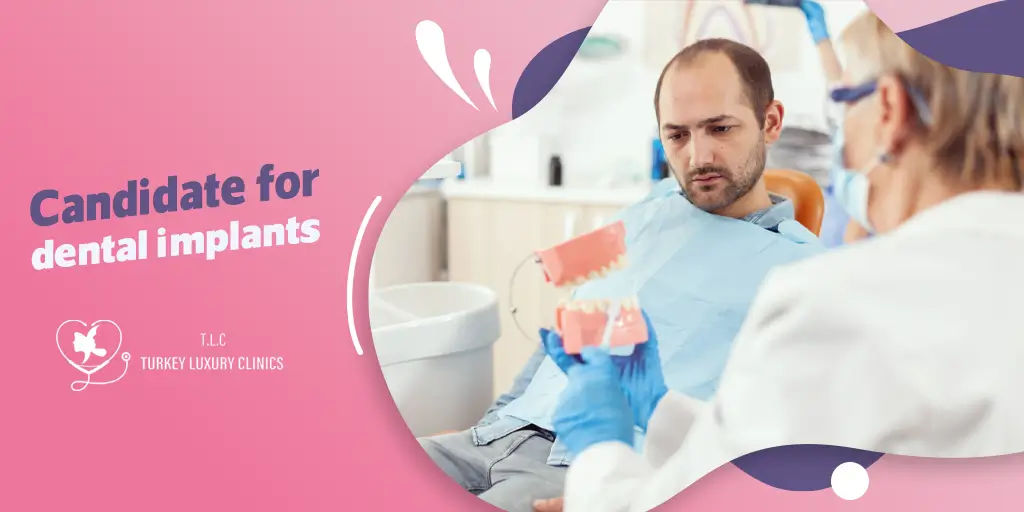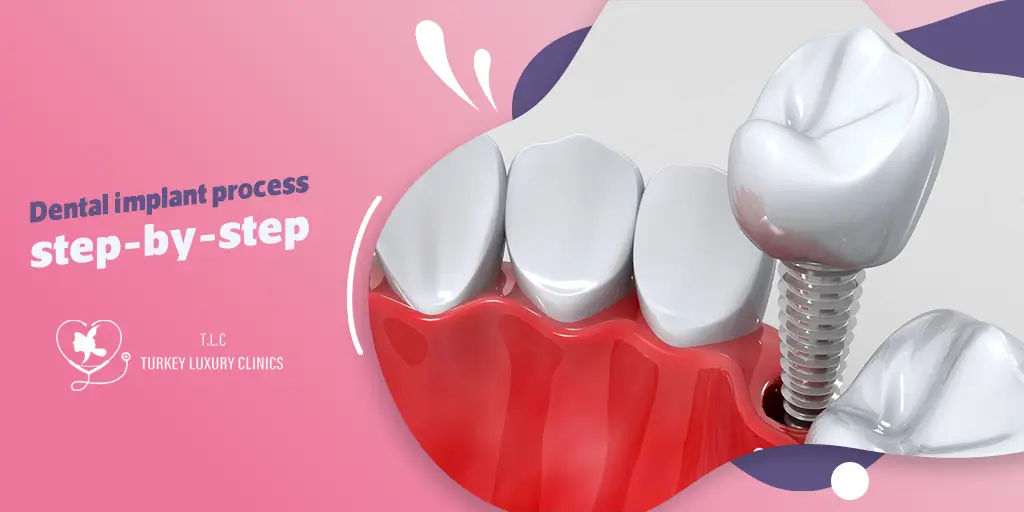- - Life After Dental Implants
- - Long-term Success
Dental implants are a popular and effective way to replace missing teeth. They are designed to blend in with your other teeth and are an excellent long-term solution. However, their success depends on proper care and maintenance.
According to studies, dental implants have a high survival rate of around 95% after 10 years with proper care. However, individual success rates can vary based on factors like oral hygiene, overall health, and the type of implant used.
Here are some essential care routines for living with dental implants and achieving long-term success:
Life After Dental Implants
Dental implants offer a transformative solution for missing teeth, restoring your smile, function, and confidence.
Brushing and Flossing
- Use a soft-nylon brush. Dental implants are prone to plaque and tartar buildup, which can lead to gum disease and implant failure. A soft brush helps prevent damage to the implant and surrounding gum tissue.
- Brush at least twice a day. Thorough brushing removes food particles and bacteria that can cause infection. Be sure to brush around and underneath the crown as well.
- Floss daily. Flossing helps clean the spaces between the implant and the natural teeth, preventing gum disease. Use a floss threader or interdental brush if traditional floss is difficult to use.
Oral Hygiene
- Visit your dentist regularly. Routine check-ups and cleanings are crucial for monitoring implant health and detecting any potential issues early.
- Use an antiseptic mouthwash. It helps kill bacteria and freshens breath, promoting overall oral health.
Diet and Lifestyle
- Avoid smoking and excessive alcohol consumption. These habits can increase the risk of implant failure and other oral health problems.
- Eat a balanced diet. Nutrition plays a key role in maintaining strong jawbones and overall oral health, which is essential for implant success.
- Avoid Hard or Sticky Foods: While implants are strong, they can still be damaged by hard or sticky foods. Avoid chewing on ice, hard candies, or using your teeth to open packages. These habits can crack or damage the implant.
Aftercare
- Rinse with a warm saltwater solution. This can help soothe discomfort after surgery and promote healing.
- Rest and avoid strenuous activities. Allow your body time to recover after the surgery.
Long-term Success
By following these essential care routines, you can increase your chances of achieving long-term success with your dental implants. As always, it's important to consult with your dentist for personalized advice and regular monitoring of your implant health.
On the other hand, living with dental implants can be a nightmare if you do not pay attention to certain habits. There are several bad habits that can damage dental implants.
Here are some of the most common ones:
- Poor Oral Hygiene: Neglecting to brush and floss properly around the implant site can lead to bacterial buildup. This is particularly important in the early stages of healing after implant surgery.
- Consuming Too Much Sugar: Eating or drinking a lot of sugary foods and beverages can promote the growth of harmful bacteria in the mouth, which can lead to plaque buildup and implant failure.
- Smoking and Tobacco Use: Smoking and using other tobacco products can significantly increase the risk of implant failure. The toxins in tobacco can damage the gum tissue and bones surrounding the implant, impairing healing and increasing the risk of infection.
- Nail Biting and Chewing on Non-Foods: Habits like nail biting and chewing on things like pencils or ice can put excessive force on the implant, potentially causing damage over time.
- Ignoring Professional Advice: Failure to follow your dentist's instructions after implant surgery, such as avoiding strenuous activities or eating hard or crunchy foods, can slow down healing and increase the risk of complications.
By avoiding these bad habits and adhering to your dentist's recommendations, you can help ensure the long-term success of your dental implants. If you have any questions or concerns about living with dental implants, please don't hesitate to contact us.











.webp)
.webp)
.webp)
.webp)

